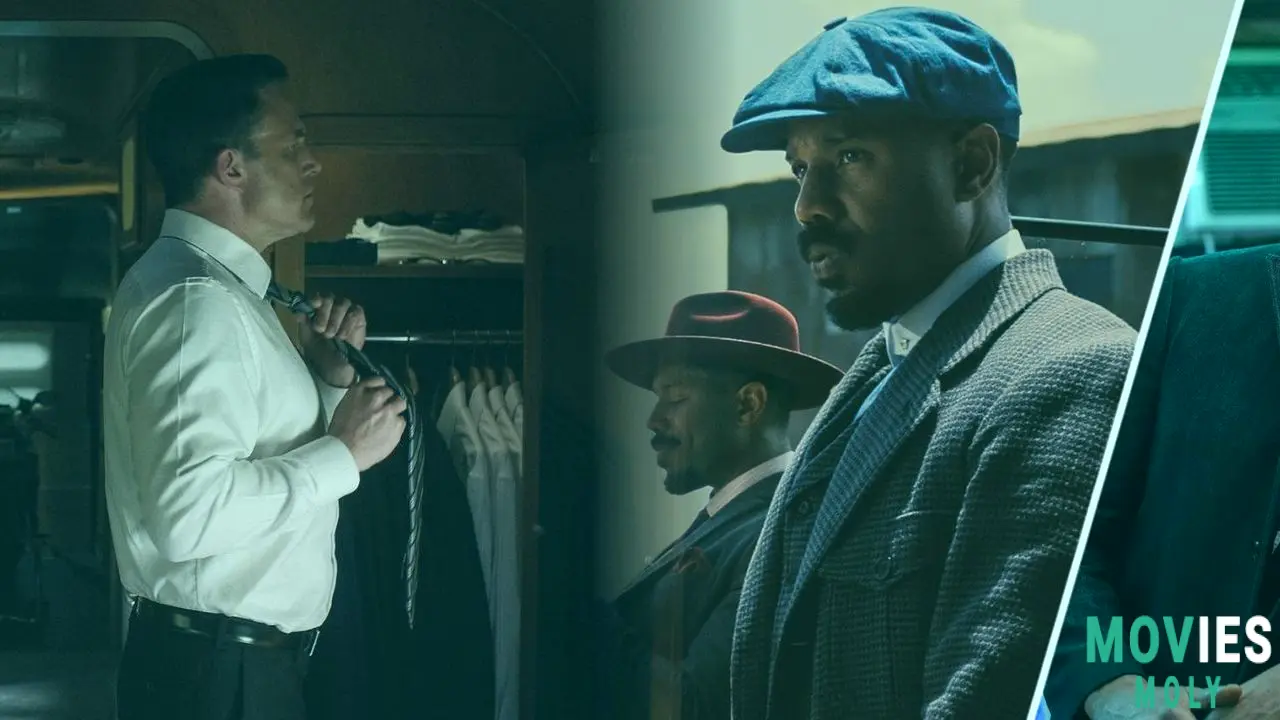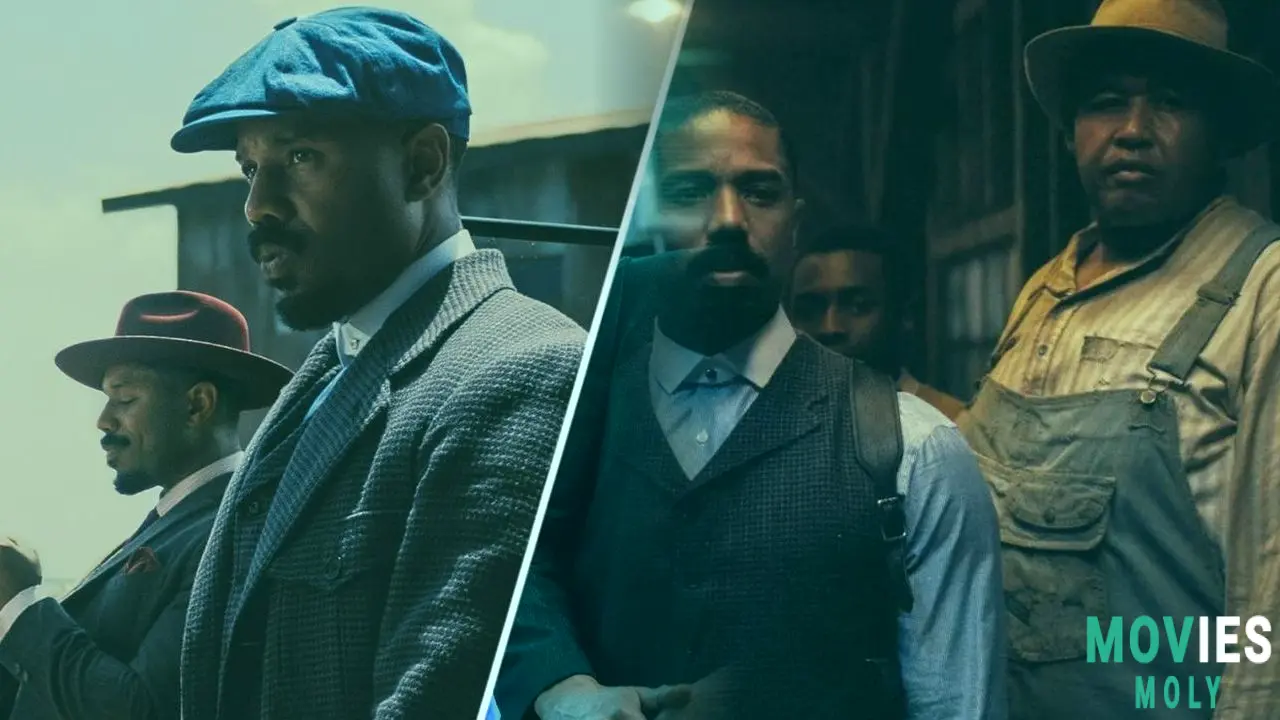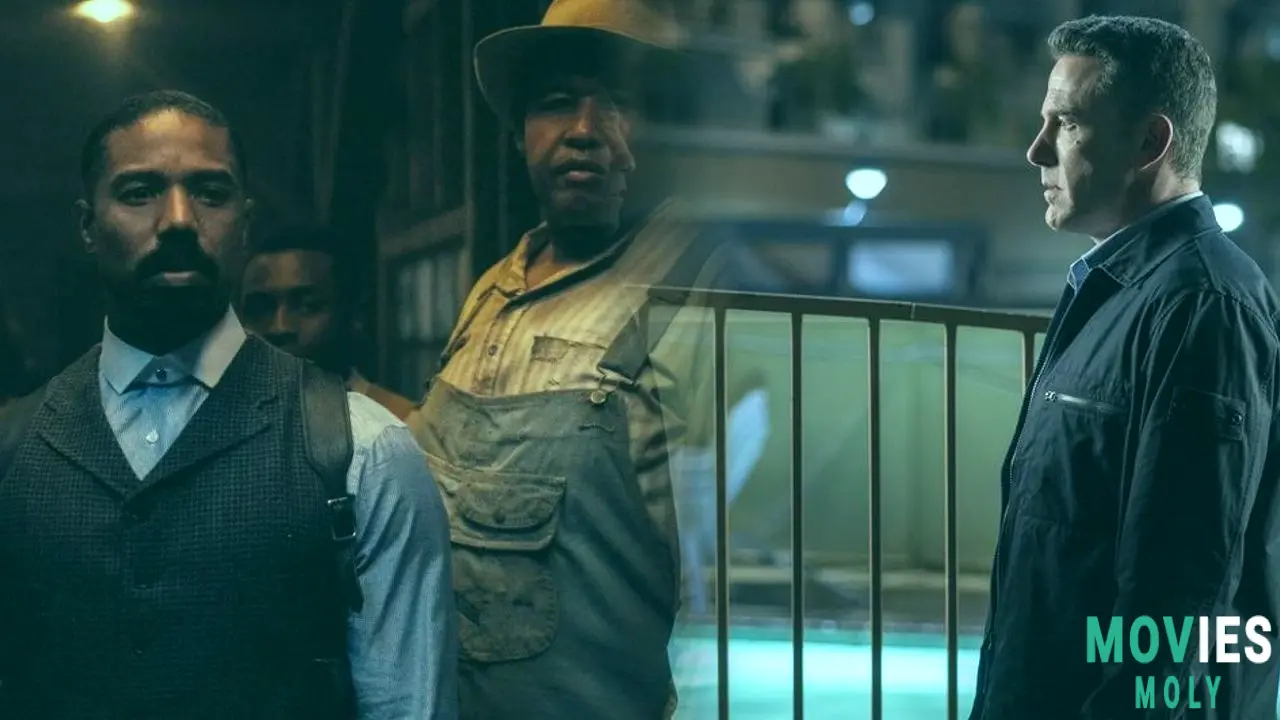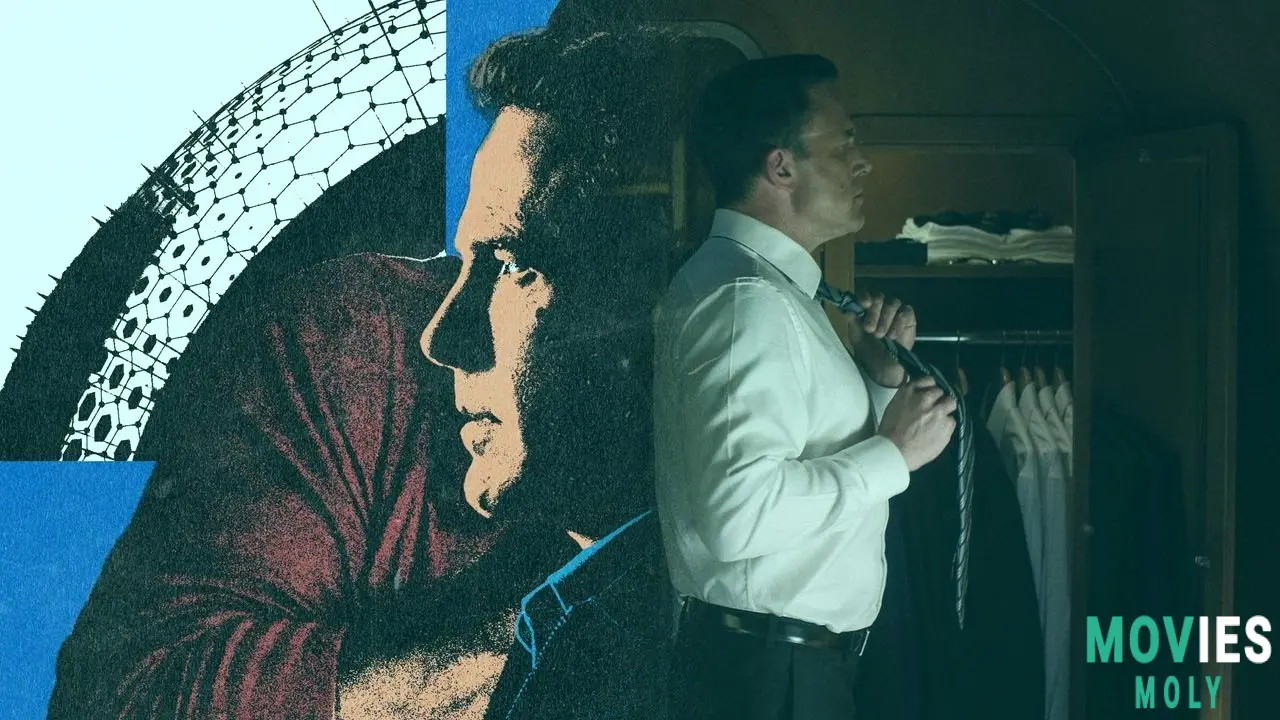“The Accountant 2” may not ask for your full attention, but it unquestionably rewards the part of your brain that loves seeing a masterful genre mash-up of forensic number-crunching, bone-breaking brawls, and emotional code-cracking. Nearly a decade after the original film unexpectedly hit its stride with audiences craving adult-oriented, stylized violence wrapped in intellectual wordplay, Ben Affleck returns as Christian Wolff — a math-whiz assassin with autism, stealthily navigating both social minefields and gunfire. Director Gavin O’Connor and writer Bill Dubuque are back behind the wheel, and though the plot twists like a chain of tangled USB cords, the heart of the film punches through in surprisingly effective ways.
The chaotic brilliance of a sequel that refuses to play it safe“The Accountant 2” doesn’t just continue Christian Wolff’s story — it detonates it into a genre cocktail that borrows freely from Knight Rider, Killing Eve, and even TV detectives like Monk. The film opens with a sharp sting: Ray King (J.K. Simmons), now a private eye, is gunned down after leaving a cryptic clue behind — “Find the accountant.” What follows is a convoluted, high-octane scramble involving human trafficking, government conspiracies, and a wild new science called “acquired savant syndrome,” where trauma unlocks hidden genius. It’s the kind of plot that begs for a whiteboard session, but instead, the film leans into its chaos with Christian’s trademark calm layered beneath the storm.
And yes, the talk is heavy. Exposition reigns supreme. There are parking garage shouting matches, AI avatars delivering lines from nowhere, and enough techno-babble to make a NASA engineer’s head spin. But beneath the noise, there’s a core that matters — a deeper exploration of Christian’s mind, his emotions, and his connections to a world he counts on but rarely understands.
Affleck’s Christian Wolff: still stoic, still evolving, and surprisingly relatable

Ben Affleck’s performance is the steady force in this storm. With his familiar furrowed brow and unyielding gaze, Affleck embodies Christian Wolff not just as a killer with a calculator, but as a man grappling with the invisible walls of autism and emotional expression. There’s a scene early on where Christian speed-dates — using his logic to game the system — and it’s both cringe-worthy and poignant. He’s a hero who can dismantle a room full of mercenaries but can’t quite decode flirtation. It’s a brilliant illustration of how The Accountant 2 walks the line between action spectacle and human study.
Christian’s dialogue—or often, lack thereof—speaks volumes. When he wears a ridiculous Sriracha “Awesome Sauce” T-shirt, you can’t help but smirk. When he finally steps onto a dance floor and embraces line dancing because it’s “orderly and predictable,” you see a glimmer of joy break through the stoicism. It’s a small moment, but one that Affleck sells with subtle genius. This is the kind of character work that Nicolas Cage-level intensity meets Matt Damon-understated cool—a combination that somehow lands perfectly in a film about gunfights and ledgers.
Brotherly bruises and emotional undercurrents: Jon Bernthal steals the show as Brax

If Affleck is the brain of this operation, Jon Bernthal is its bruising heart. Returning as Christian’s brother Brax, Bernthal adds layers to a character that could have easily been reduced to muscle-for-hire. Instead, Brax is given scenes, and moments, that reveal his longing for connection, his frustration with Christian’s emotional distance, and his own awkward attempt at tenderness — like when he tries to adopt a dog, only to be met with Christian’s cold but honest “I’m more of a cat person” line. It’s a sibling dynamic that echoes Rain Man but with a gritty, dusty twist.
Brax’s entrance is pure Bernthal bliss: casually checking into a Berlin hotel, receiving a gun in a presentation box, and instantly turning the room into a graveyard for bad guys. He’s rough, he’s rowdy, but he’s also human. His back-and-forth with Christian — laced with sarcasm, concern, and unspoken history — grounds the film in a emotional reality that the plot often jumps over. Watching these two hombres spar, both physically and verbally, is one of the film’s most reliable and rewarding pleasures.
Neurodivergence as a narrative superpower, with all its triumphs and pitfalls

One of the most interesting (and divisive) aspects of The Accountant 2 is how it frames neurodivergence. Christian Wolff is back, and so is Justine (Allison Robertson), the tech-savvy guardian of the Harbor Neuroscience Academy — a bright, almost utopian school for kids with cognitive differences. These children, hacking their way through problems with AI assistance, are straight out of a Marvel Comics X-Men lab. Their missions are sharp, their execution flawless. It’s empowering to see a world where different brains aren’t just accepted but celebrated as tactical advantages.
That said, the film occasionally flirts with patronization. Christian’s social awkwardness is played for laughs at times, and the hyper-intelligent kids solving everything in seconds can feel like a shortcut to coolness. But even with these stumbles, the intention is clear: The Accountant 2 wants to place neurodivergent minds at the center of heroism, not the periphery. It’s a genre film trying to reimagine what a hero looks like, and for that, it deserves credit.
Conclusion: A wildly uneven but emotionally resonant genre-comic in disguise
“The Accountant 2” is not beneath itself, and that’s what makes it work. It’s a film that throws human trafficking plots into the mix of a brotherly action-drama and somehow still finds time to explore the emotional logarithms of a man who thinks in numbers but feels in shadows. It’s messy, it’s over-explained, and it loves knife fights a little too much. But it’s also got soul — buried under the surface like one of Christian Wolff’s stealthy moves.
Ben Affleck, Jon Bernthal, and Gavin O’Connor have crafted a sequel that doesn’t just repeat the formula but pushes it into new emotional and tonal territory. It’s the kind of grown-up genre film that asks you to suspend belief, but also to pay attention — because even when Christian Wolff’s face says nothing, his actions say everything. And that, in the end, might be enough.





